US Energy Crisis Threatens AI Progress, Leaving the Country Behind
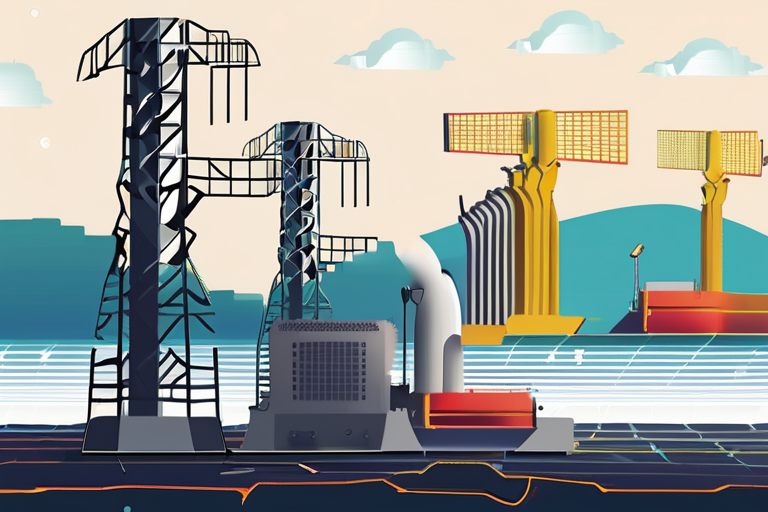
Multi-Source Journalism
This article synthesizes reporting from multiple credible news sources to provide comprehensive, balanced coverage.

Multi-Source Journalism
This article synthesizes reporting from multiple credible news sources to provide comprehensive, balanced coverage.
Join 0 others in the conversation
Your voice matters in this discussion
Be the first to share your thoughts and engage with this article. Your perspective matters!
Discover more articles
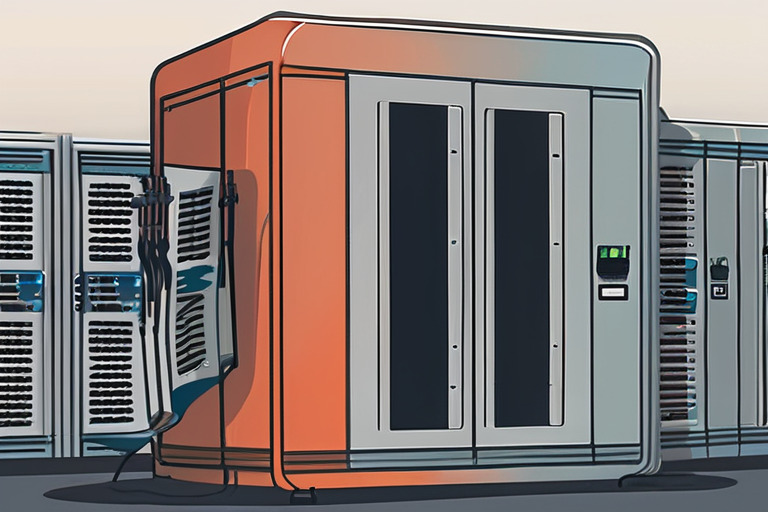
As the US tech industry invests heavily in data center construction, a new study warns that the environmental footprint of these facilities could be catastrophic, with projected energy and water demands threatening to undermine companies' net-zero pr

A potential AI bubble is looming, driven by the massive investment in infrastructure and services, but the outcome is far from certain due to the mismatch between the rapid pace of AI software development and the slow construction of data centers. Th

As the generative AI revolution gains momentum, a critical energy crisis is emerging in the US, threatening to hinder AI progress and drive up electricity costs for consumers. With data centers consuming vast amounts of power and efficiency gains fai

Here is a 2-3 sentence summary of the key newsworthy elements: The rapid growth of AI is driving significant increases in electricity demand, with data centers' energy consumption rising by 80% from 2020 to 2025. As AI's carbon footprint expands, ex

As industrial AI continues to transform industries, it's also emerging as a double-edged sword in the fight against climate change. On one hand, AI is being leveraged to optimize energy grids, streamline factories, and accelerate carbon removal, but
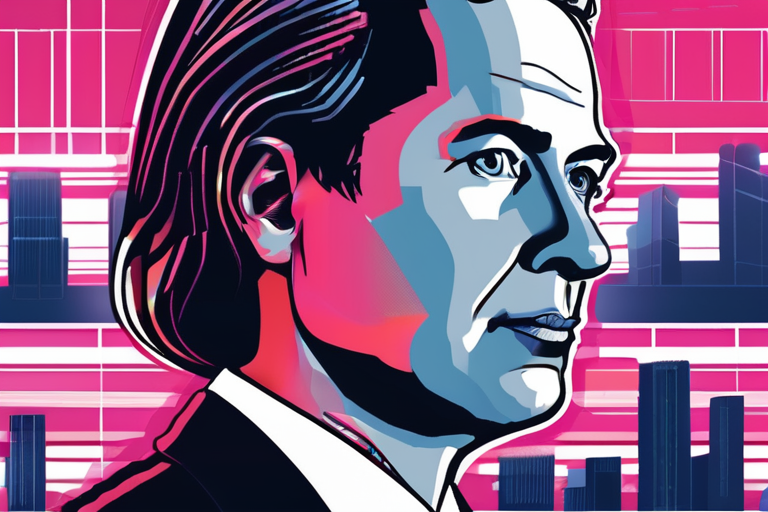
Microsoft and OpenAI CEOs, Satya Nadella and Sam Altman, respectively, are grappling with the challenge of scaling AI capabilities, but are uncertain about the optimal amount of power required. As demand for data center power surges, companies are st
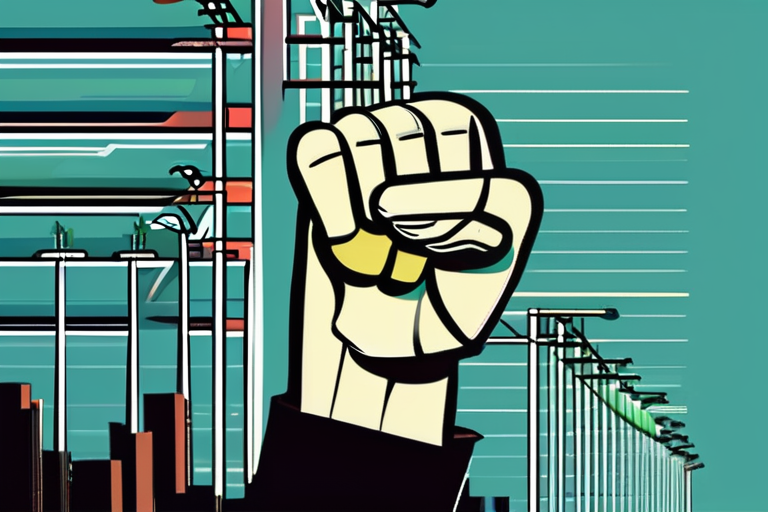
Skyrocketing electricity bills, fueled by surging demand from AI-driven data centers, have become a contentious issue ahead of the 2024 midterm elections, with voters in key battleground states expressing outrage over the rising costs. The issue has

Rising electricity bills are becoming a reality for many households, with prices increasing by double-digit percentages in some areas. This surge is largely driven by the growing demand for AI data centers, which are being built at an unprecedented r
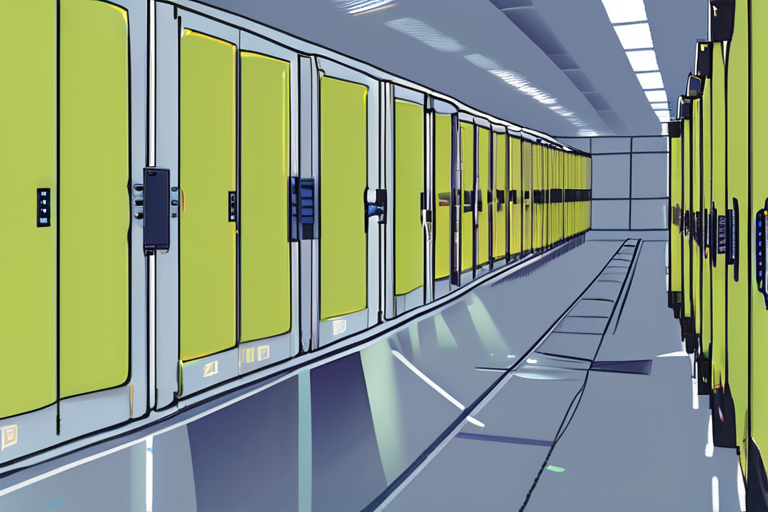
A global surge in artificial intelligence data center construction is putting a strain on local power and water resources, causing widespread shortages and disruptions in communities worldwide, from Mexico to Ireland. The rapid expansion of these mas

The rapid growth of artificial intelligence (AI) projects is being fueled by debt financing, with smaller companies taking on tens of billions of dollars in loans to build massive data centers. This trend raises concerns about the financial sustainab
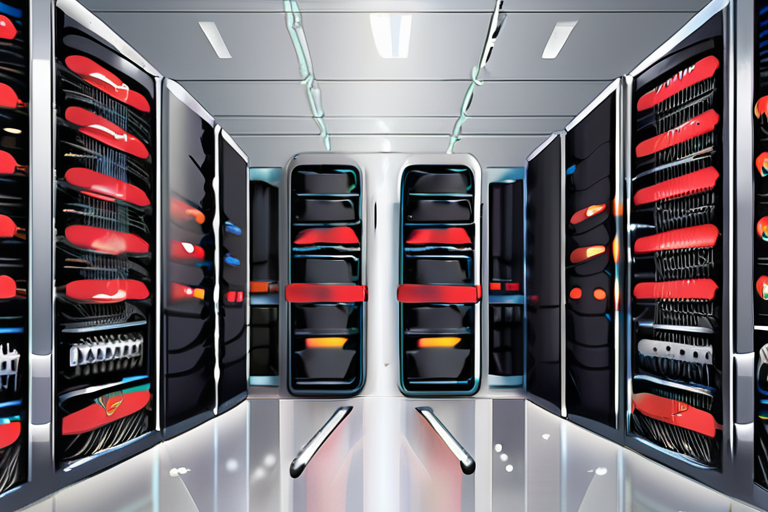
A new study published in Nature Communications warns that the US's growing data center infrastructure, driven by the AI industry's rapid expansion, poses significant environmental risks. The analysis projects that the industry's energy and water dema
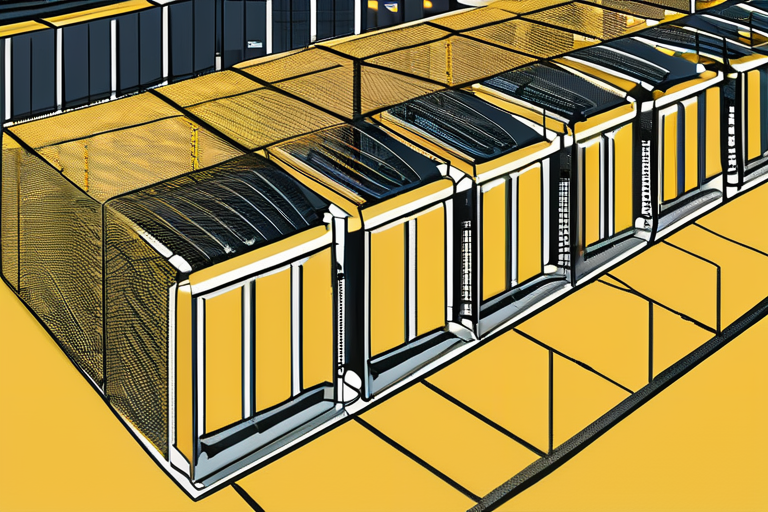
As the demand for data centers and AI-driven technologies surges, consumers are increasingly concerned about the impact on their electricity bills, with 80% worried about rising costs. Data centers now consume about 4% of the US electricity, projecte
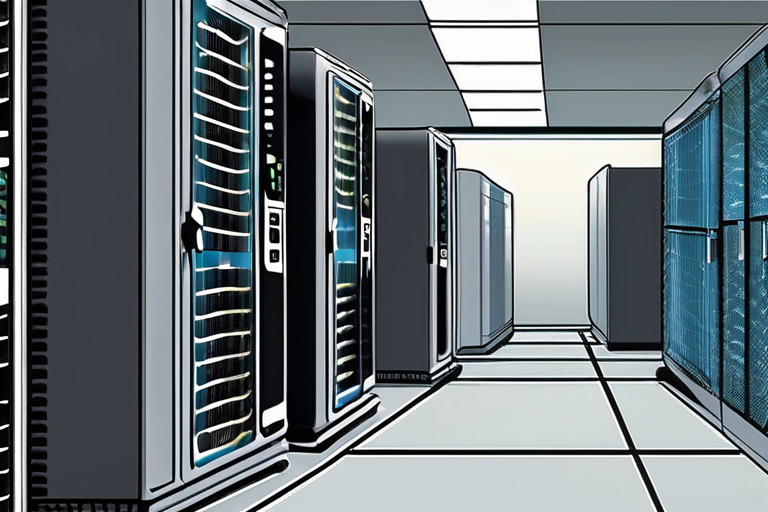
As the AI industry continues to boom, a growing number of businesses are investing in the technology without fully understanding its capabilities, leading to a disconnect between hype and reality. Meanwhile, the construction of massive AI data center
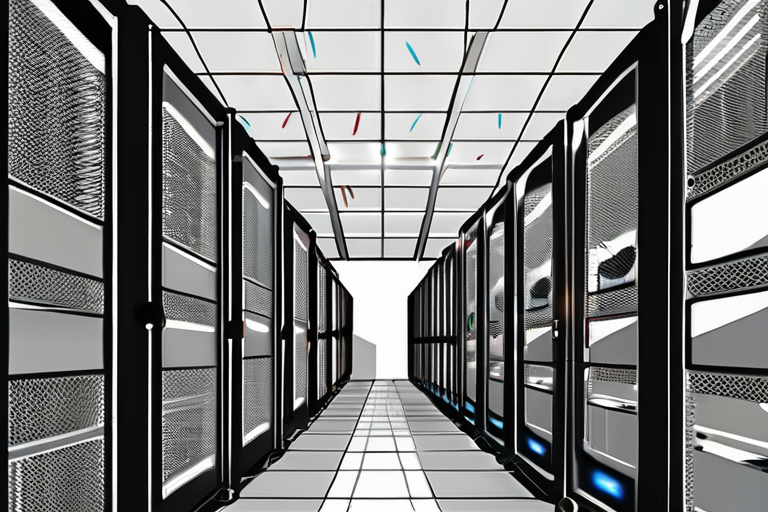
Here is a 2-3 sentence summary of the key newsworthy elements: As AI adoption surges, its growing energy demands are reshaping the grid, with data center electricity consumption increasing by 80% from 2020 to 2025. Despite concerns about AI's carbon
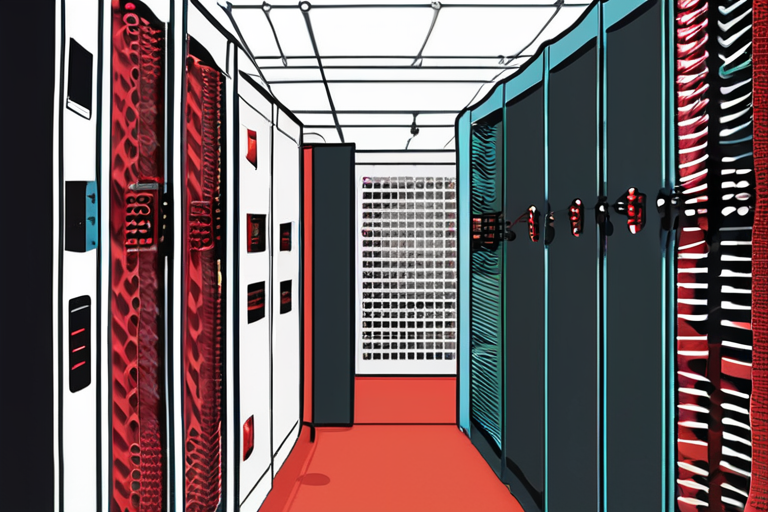
In a surprise twist, Democrats' victories in Virginia, New Jersey, and Georgia may be linked to a little-known issue: the growing demand for AI infrastructure and its impact on local energy grids. The winning candidates, including Governor-elect Abig
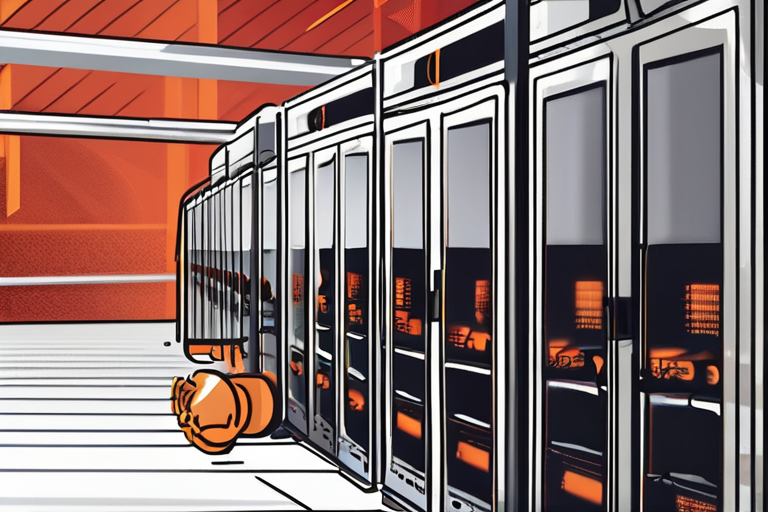
Rising energy demands from data centers, driven by the growth of artificial intelligence, are causing concerns among consumers about increasing electricity prices. A recent survey found that 80% of consumers are worried about the impact of data cente

Rising electricity bills are a growing concern as the increasing demand for AI data centers contributes to a surge in power costs, outpacing inflation in many areas. The construction of these data centers, driven by big tech companies, is a major fac
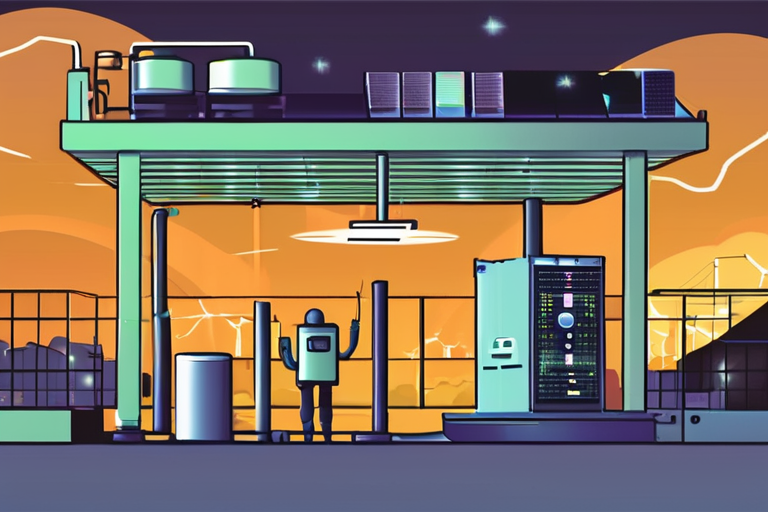
Rising electricity bills are largely attributed to the growing demand for artificial intelligence, which is expected to triple data center electricity consumption by 2028, accounting for 12% of total US electricity usage. This surge in data center po
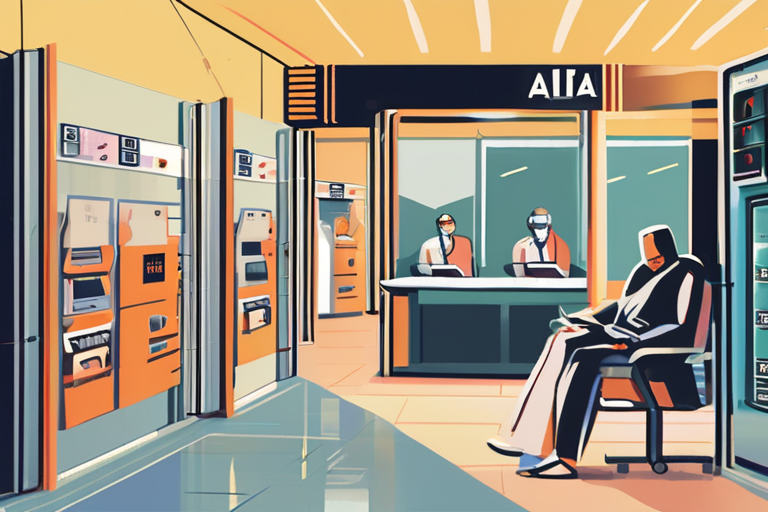
The rapid growth of artificial intelligence projects is being fueled by debt-fueled investments from smaller tech companies, which are borrowing tens of billions of dollars to build massive data centers. This trend increases the risk of financial ins
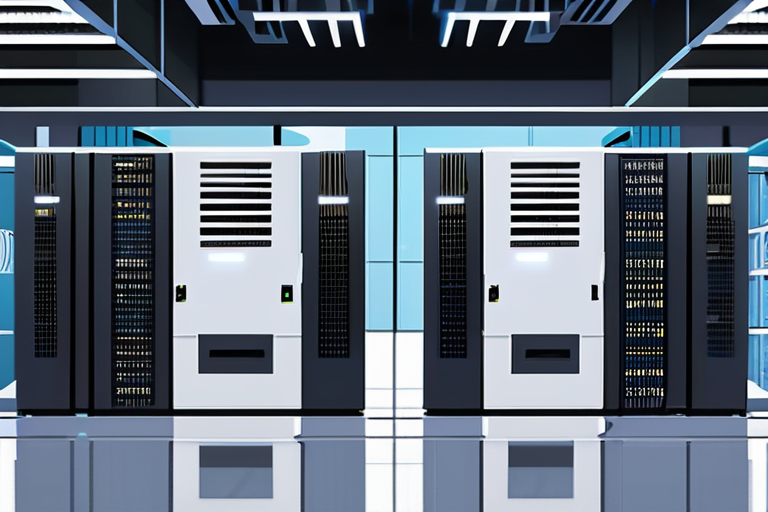
Microsoft, Alphabet, Meta, and Amazon are collectively investing around $370 billion in AI data center projects, with Microsoft alone allocating nearly $35 billion in the last quarter, equivalent to 45% of its revenue. This unprecedented investment b
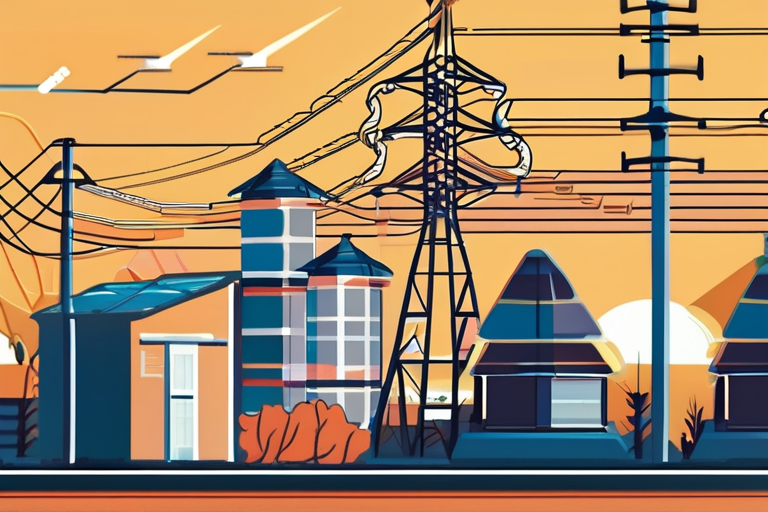
As the generative AI revolution gains momentum, a critical energy gap is emerging in the US, threatening to hinder progress and drive up electricity costs for citizens. Unlike China, which is rapidly expanding its renewable energy infrastructure to s
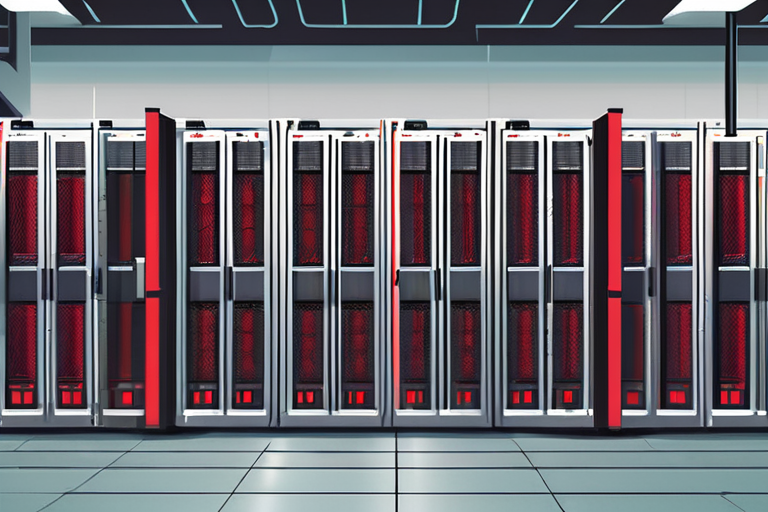
The rapid growth in energy consumption by data centers driven by AI adoption has significant implications for the grid, with potential both to exacerbate electricity price increases and to accelerate the transition to clean power. Proponents of AI ar

The concept of an AI bubble is often misunderstood as an all-or-nothing scenario, but in reality, it's a complex issue driven by mismatched timelines between AI software development and data center construction. As the AI industry invests heavily in
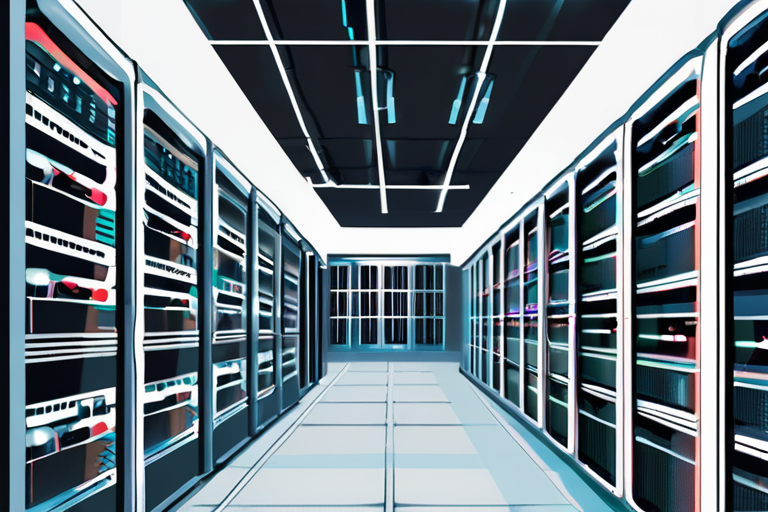
Here is a 2-3 sentence summary of the key newsworthy elements: As AI usage continues to surge, its massive energy consumption is reshaping the grid, with electricity demand increasing by 80% from 2020 to 2025. Despite concerns about AI's carbon foot
Share & Engage Share
Share this article